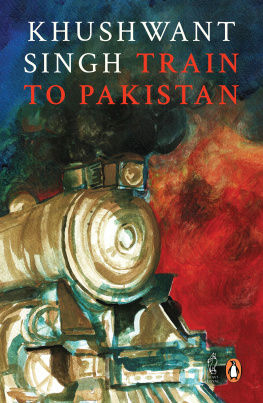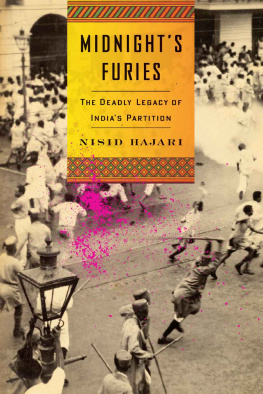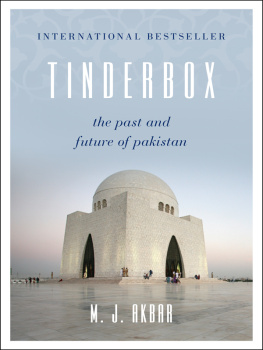Published by
Vij Books India Pvt Ltd
(Publishers, Distributors & Importers)
2/19, Ansari Road
Delhi - 110 002
Phones: 91-11-43596460, 91-11-47340674
Fax: 91-11-47340674
e-mail:
Copyright 2014, Brigadier Darshan Khullar
ISBN: 978-9-382-65275-5
Price in India: Rs. 850/-
All rights reserved.
No part of this book may be reproduced, stored in a retrieval system, transmitted or utilised in any Form or by any means, electronic, mechanical, photocopying, recording or otherwise, without the prior permission of the copyright owner. Application For such permission should be addressed to the publisher.
The views expressed in the book are the personal views of the author and not necessarily those of the publishers.
I was born in an environment of ample Islamophilia. It had to do with an upbringing in what was then the Princely State of Patiala, defacto East Punjab, in the pre-partition days where there was great bonhomie between the communities. Some of my fathers best friends were Muslims, one of whom (Muqim Khan) went on to become a major general in the Pakistan army and a famous military author. A few of them continued to visit us periodically till about mid-1950s, but soon after that attitudes appear to have hardened between our countries and the visits ceased quite abruptly. Besides our father being well versed in Urdu and Persian, he loved to recite poetry in these languages and regaled us, mostly after dinner, with fascinating tales from the Arabian Nights, Alif Laila and Hatim Tai. It was probably our fathers friendship with Muquim Khan that inspired him to make two of us brothers to join the then Prince of Wales Royal Indian Military College at Dehradun (renamed as Rashtriya Indian Military College-RIMC) and subsequently three of us to the National Defence Academy at Kharakvasla.
In our army there have not been many Muslim officers (most having gone over to Pakistan) but they have been and are amongst the best in our cadre and some of them have risen high. Same holds good for the Muslim other ranks or the jawans. It would be appropriate to recount two outstanding examples that best describe their great contribution in two of our wars with Pakistan. The first one is that of Brigadier Mohammed Usman who in 1947 could well have joined Pak army but chose to stay on in India and fight against Pakistan during J&K operations in 1947. As commander of 50 Parachute Brigade it was his resolute leadership where he led from the front that saved Naushera from repeated Pakistani attacks. It was an extremely crucial battle and had Naushera fallen, the Indian Army might not have been able to capture Rajauri and eventually link up with the tenuously held defences at Poonch. Many others played significant part in the hard fought battles of Naushera, Rajauri and Poonch but clearly it was Usmans leadership that set the momentum. Brigadier Usman laid down his life during this battle and was awarded the very well deserved Maha Vir Chakra, Indias second highest gallantry award in war. The second incident is the hair raising feat of all Muslim C Company of 4 Grenadiers for thwarting a most audacious Pak armoured offensive at Khemkaran during the 1965 Indo-Pak War (a master stroke if it had succeeded) and it is here that Havildar Abdul Hamid an ace RCL gunner made the supreme sacrifice, but not before he had personally shot down three Patton tanks and thereby halting the Pak offensive in its tracks that enabled the Indian forces to regroup and turn the table on the enemy; consequently Khemkaran became the graveyard of 92 Patton tanks. Havildar Hamid was awarded Param Vir Chakra (posthumous), Indias highest gallantry award in war.
There are indeed other examples where Indian Muslims individually and collectively in various walks of life have contributed immensely both in peace and war but yet a perception that the majority of them are reluctant to join the mainstream and that quite a few have extra-national loyalties (Pakistanis under the skin) has persisted. This is a kind of prejudice which simply wont go away. Is there a basis, because if we observe objectively, we will find that Islam is probably the only religion in the world today that is a typical case of ideological bipolarity.
In my view the Muslims of India can be divided into three categories. There is a fundamentalist fringe that is covertly and even overtly anti-national and pro-Pakistan. Considering that there are nearly 180 million Muslims in India and given the global surge of Islam, this is nothing abnormal, but it is not to be ignored if you consider the Law of the Few. Then there is a small minority which is avowedly patriotic and against Pakistan. On the other hand the majority of the Muslims is neutral and is more concerned about a better deal and getting on with their lives but they remain in a stranglehold of the mullahs and unscrupulous politicians. The environment on the whole is complicated in an interplay of poverty, unscrupulous politics, bigotry, appeasement and a feeling of insecurity occasioned by the periodic Hindu-Muslim riots and the partisan role of the state police-all this in order to ensure that the Muslims remain alienated and serve as captive vote banks.
It is sad that India and Pakistan could never be friends and would probably remain enemies in the foreseeable future. There has been diabolism in the relationship from the very beginning and there have been other factors; starting with Britains duplicity, and then China and USA who have individually, and in tandem, contributed to the continuing hostility between our two countries. The global rise of the Islamists has further contaminated the atmosphere and affected the psyche of a significant section of the Indian Muslims. We have fought three and a half wars during the last sixty seven years and over the last twenty five years Pakistan has been waging a war by proxy by aiding and abetting insurgency/militancy in Indias troubled provinces. It has been significantly emboldened after acquiring nuclear capability and has ever since carried out blatant and audacious terrorist attacks in Indias mainland with impunity. The climax and most audacious act was the 26 November 2008 terrorist strike in Mumbai. The last five years have seen marked reduction in the terrorist activity, chiefly because Pakistan has been hoist with its own petard; fighting monsters of its own creation. But one must admit that this incorrigible country has been a hard customer to deal with. It has outsmarted India and continues to dupe the Americans from whom it has received nearly forty billion dollars in economic and military aid over the last twelve years and for all purposes will continue to retain its status as a strategic frontline state. In spite of having been caught red handed over its direct involvement in the Mumbai Attack and much international noise and pressure, as so often in the past it has succeeded in making a monkey out of us. Some of us no doubt believed that 26/11 outcome had put SIMI and Indian Mujahedeen on the defensive, but it would have been rather wishful and unrealistic if we had thought that these terrorist organizations had vanished into the thin air. 26/11 could well have been a defining moment in Indias fight against terrorism but we lost the opportunity because of vote bank politics by unnecessarily playing up the bogey of saffron terror and thereby scoring a few self goals in the process. The fact of the matter is what we are witnessing is a period of tactical lull, when the Islamists are busy reorganizing and regrouping.

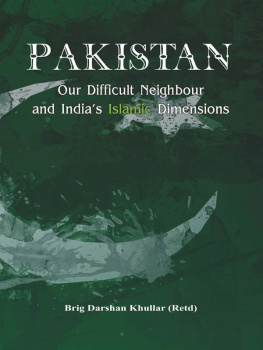

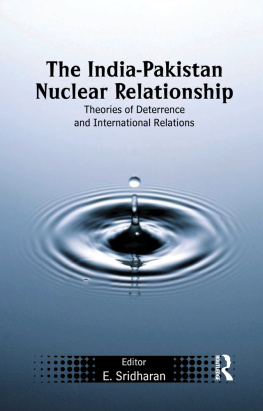
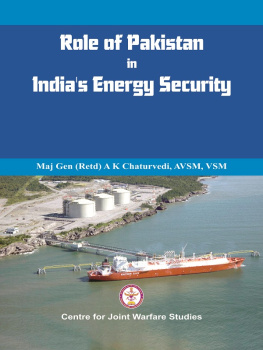

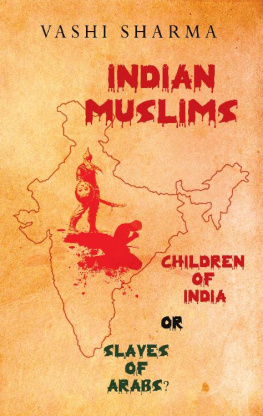
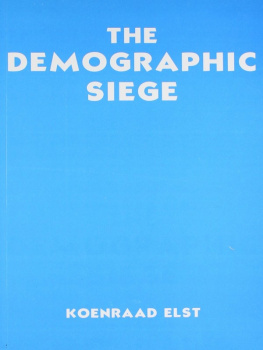
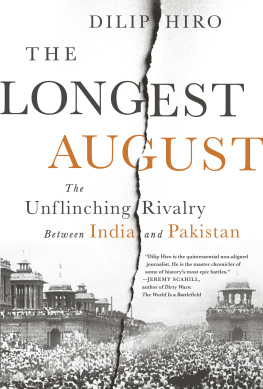
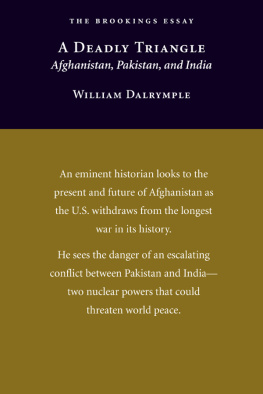
![Kathleen Jamie [Kathleen Jamie] - Among Muslims](/uploads/posts/book/141349/thumbs/kathleen-jamie-kathleen-jamie-among-muslims.jpg)
